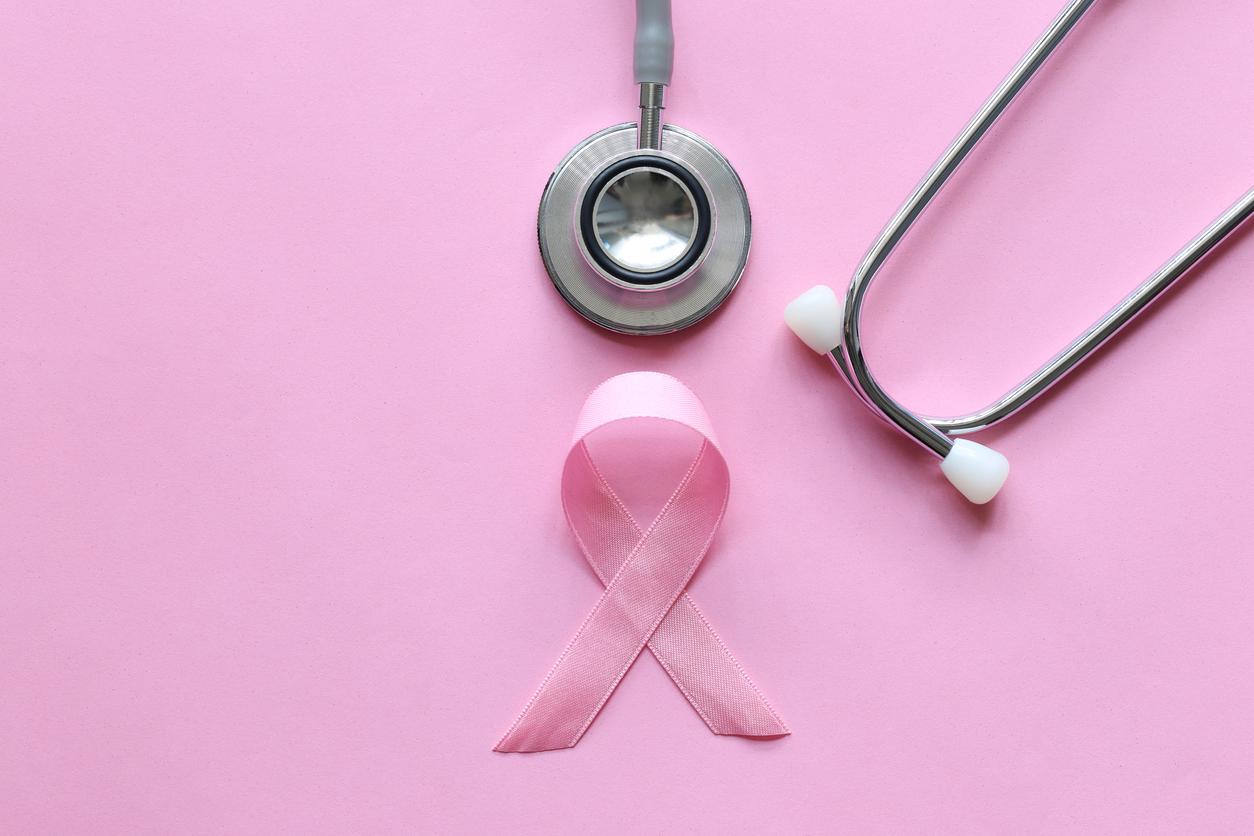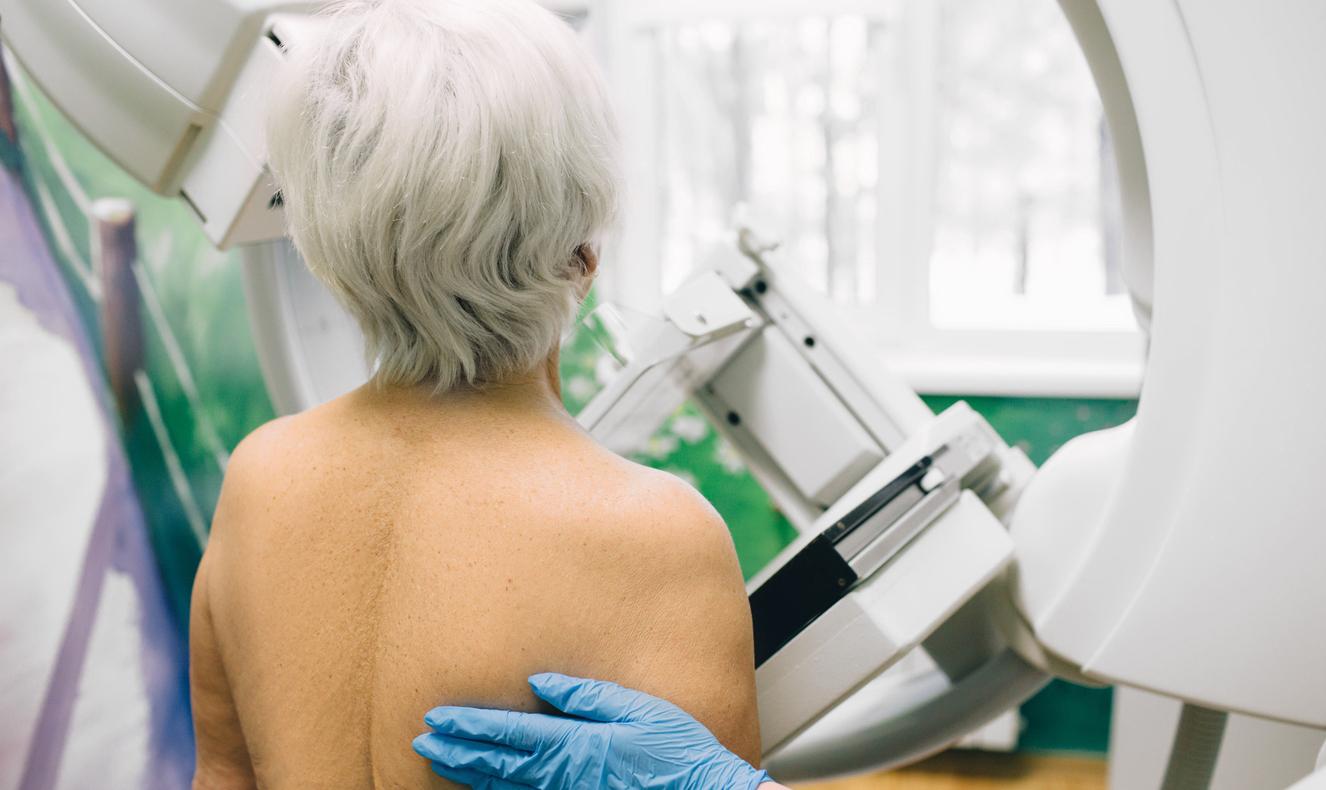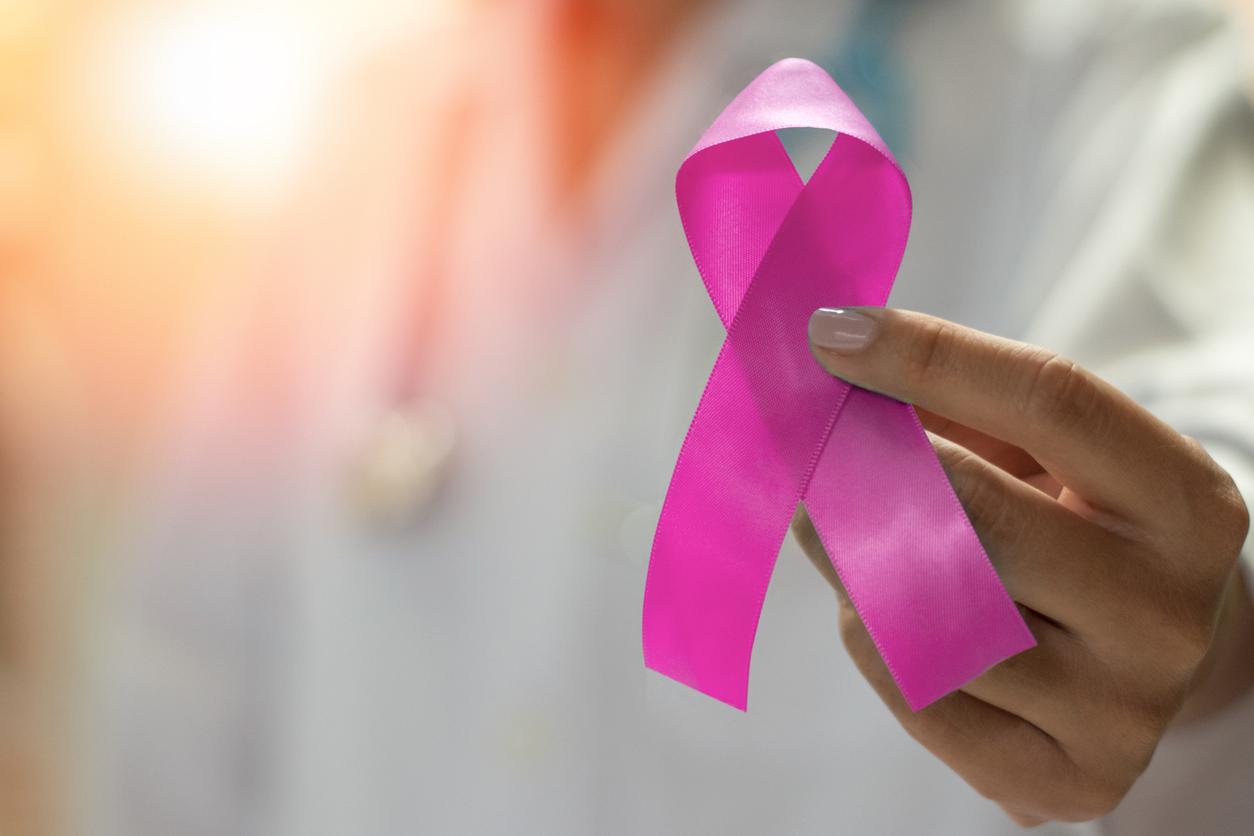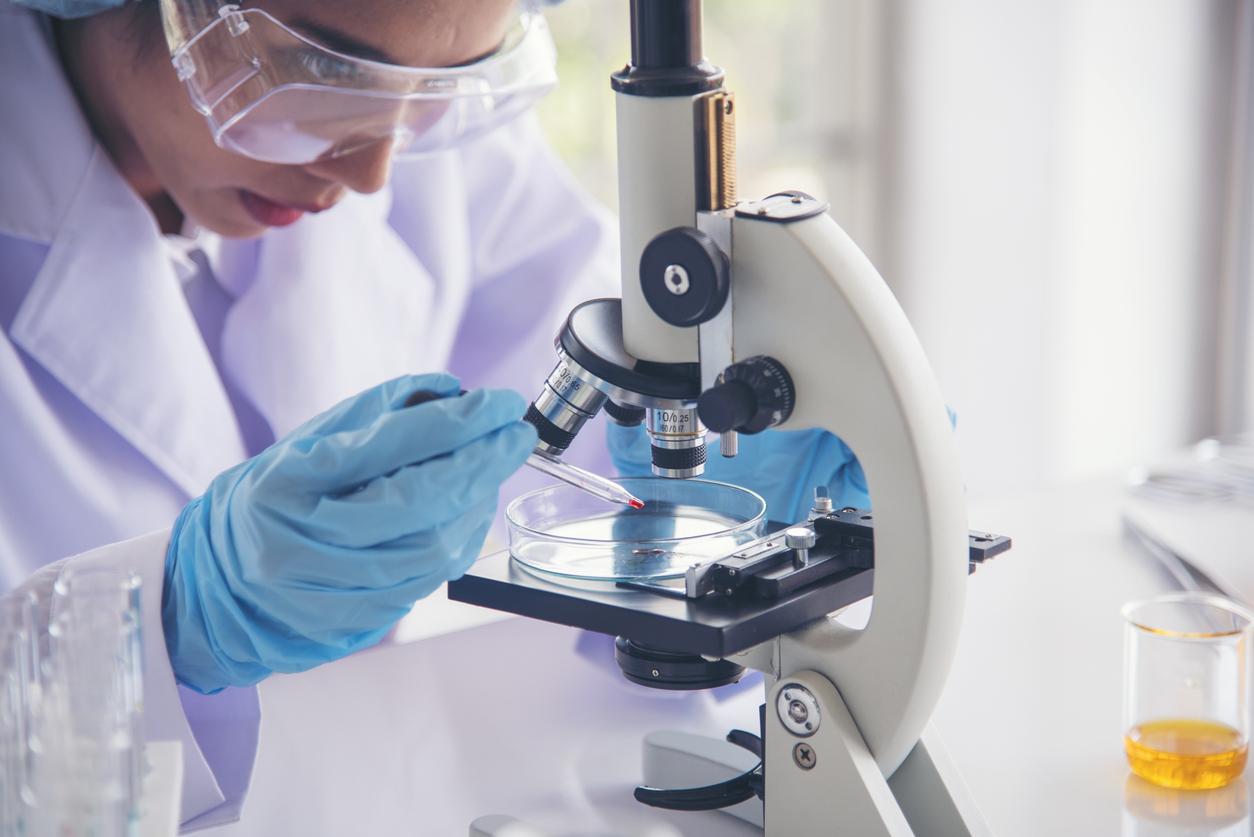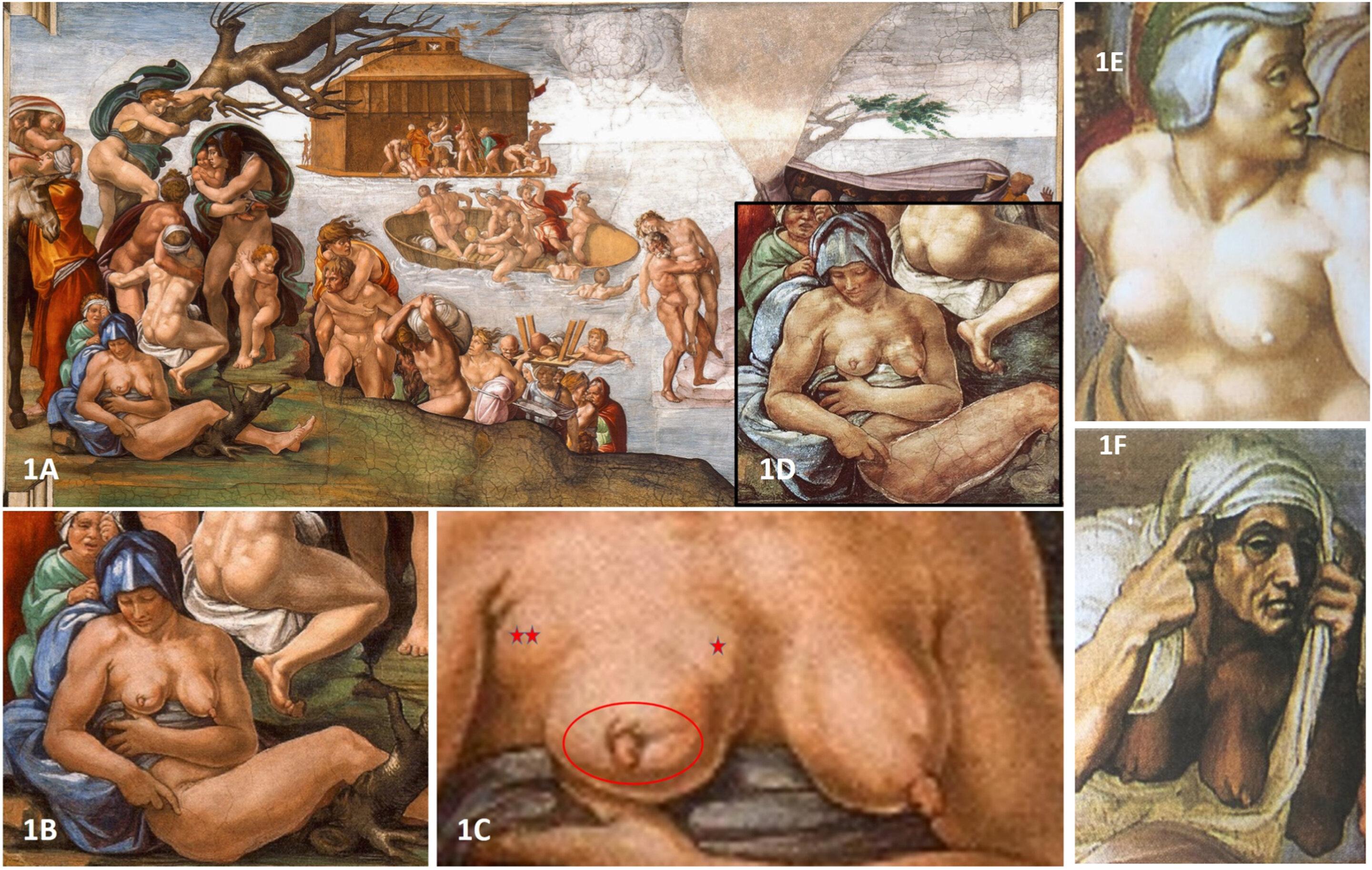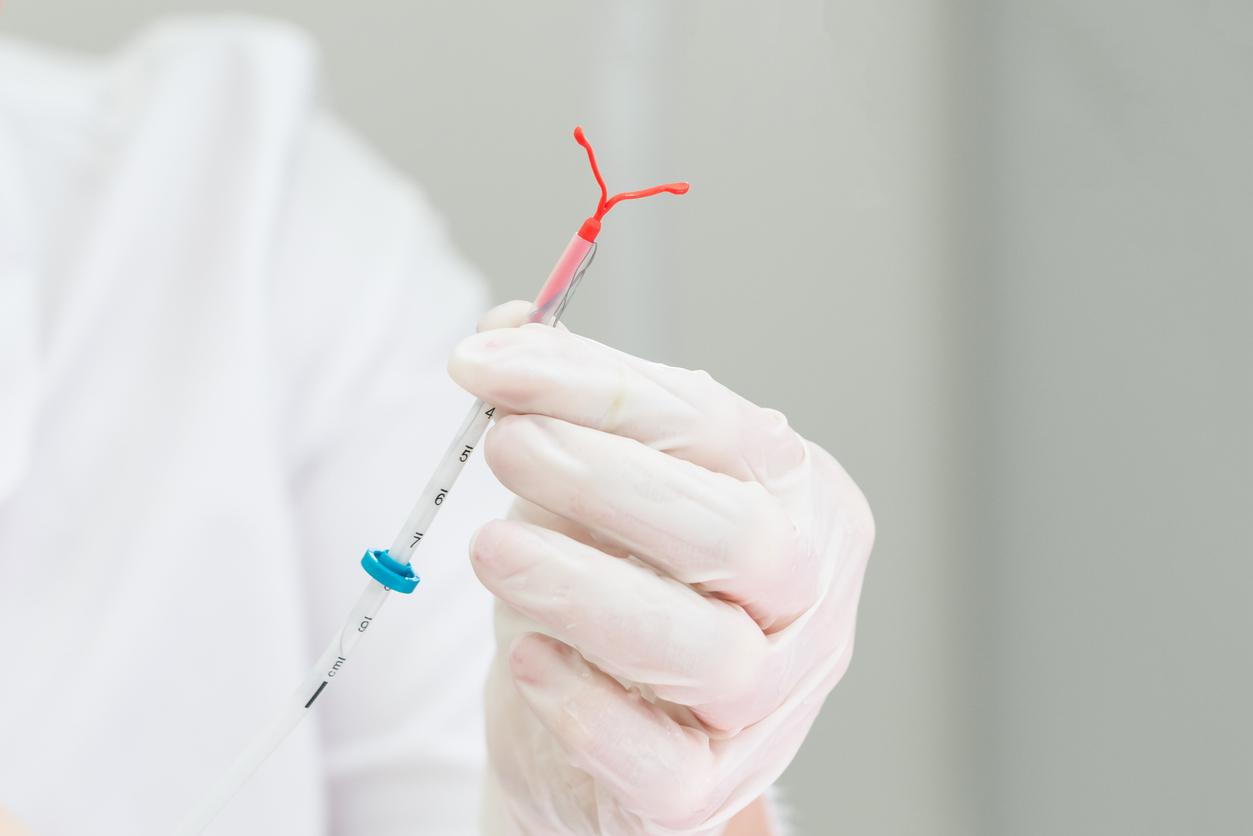In women who have undergone a mastectomy after breast cancer, research shows that radiotherapy is just as effective when it is shorter and more intense.
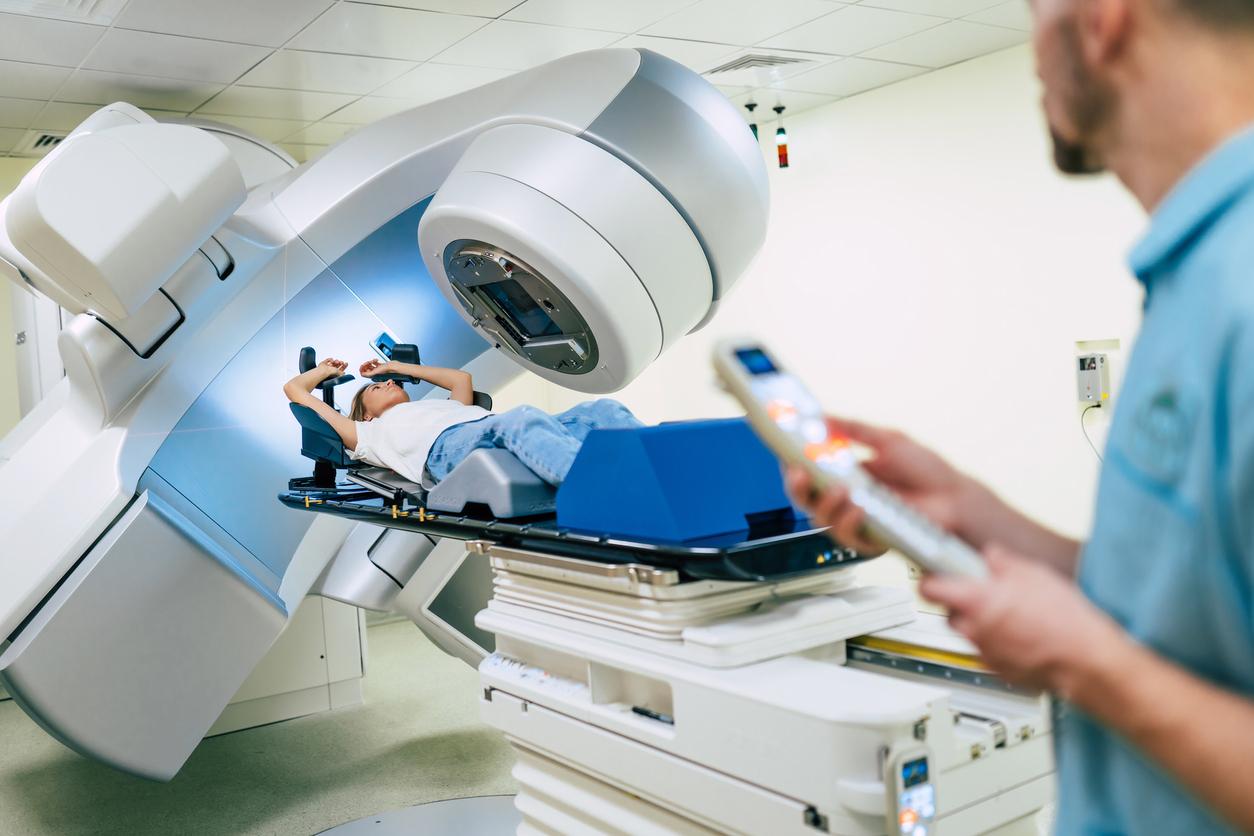
- After a mastectomy following breast cancer, a third of women must undergo radiotherapy.
- According to a recent study, it is possible to reduce the duration of treatment, by increasing its intensity, without reducing its effectiveness.
- This improves women’s well-being and reduces the risk of treatment interruption.
A shorter treatment, just as effective against breast cancer. This is the discovery made by an American research team. For the first time, their study shows that short-term radiotherapy is as relevant as standard treatment for patients who opt for breast reconstruction after a mastectomy following breast cancer. This scientific work was presented at the annual meeting of theAmerican Society for Radiation Oncology. According to the authors, this accelerated treatment also improves the quality of life of patients.
Radiotherapy: a common treatment after a mastectomy
“Fast-track and standard treatments were equally effective in preventing cancer recurrence and had the same level of side effectsdevelops Rinaa Punglia, associate professor of radiation oncology at the Dana-Farber Brigham Cancer Center in Boston. But by shortening treatment from five weeks to three weeks, patients experienced fewer treatment interruptions, reduced financial burden and other significant improvements in their lives..” About a third of patients who undergo a mastectomy also need radiation therapy to the chest wall and lymph nodes, to prevent their cancer from recurring. The standard duration of this treatment is five weeks.
Breast cancer: the multiple benefits of accelerated therapy
This trial involved 400 treated participants who underwent a mastectomy followed by immediate breast reconstruction using a tissue expander or implant. “Patients were randomly assigned to receive either conventional radiotherapy consisting of 25 fractions over five weeks or hypofractionated radiotherapy consisting of 16 fractions over approximately three weeks., specify the authors. These shorter doses were higher. Six months after treatment, participants reported similar levels of physical well-being. There were some differences between the groups at baseline, including higher energy levels reported by those who received the accelerated treatment. “It appears that patients felt more energetic because they knew they would complete their treatment more quickly.”believes the main author.
Radiotherapy: shorter treatment but identical risk of recurrence
The specialist and her co-authors also found that treatment interruptions were lower in the group that received accelerated therapy. Other differences have been spotted by scientists: shorter periods of unpaid leave, better quality of life scores and even less bothersome side effects. “There was no difference in recidivism rates.”warn the authors. According to’Curie Institute15 to 20% of breast cancers recur ten years after the first diagnosis.








